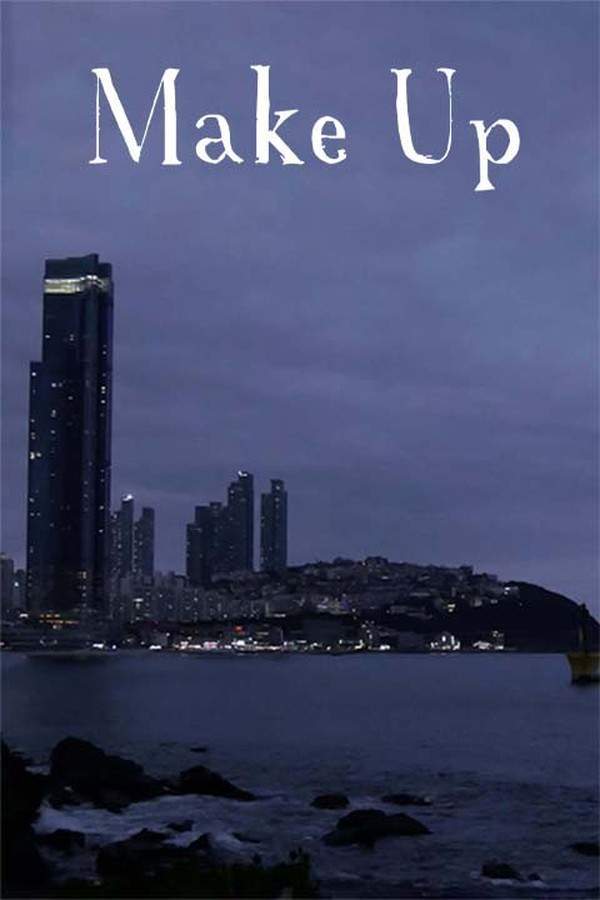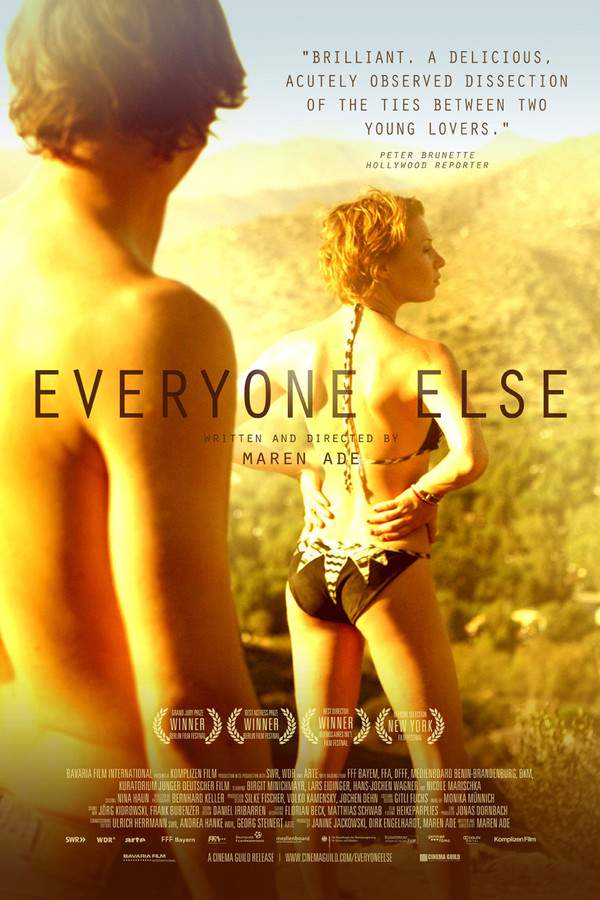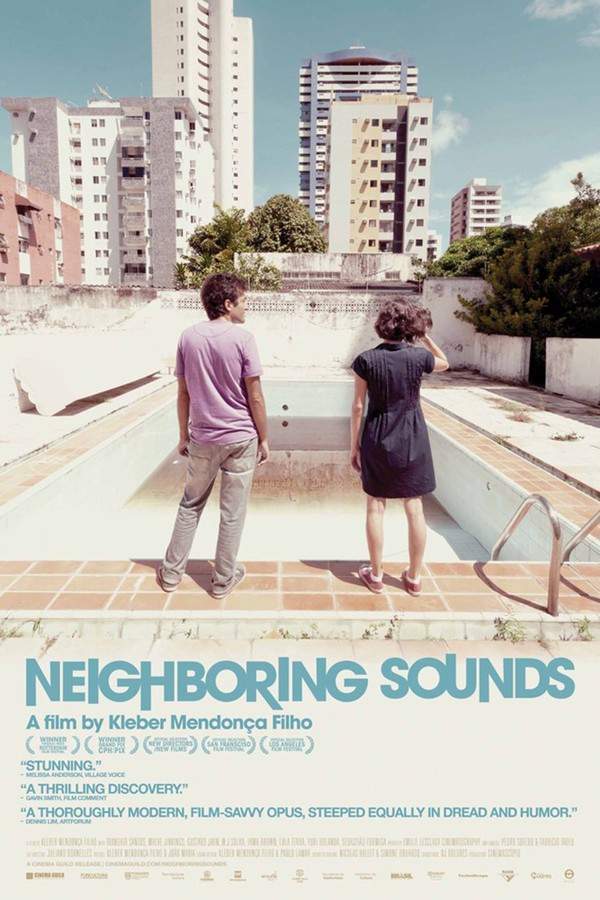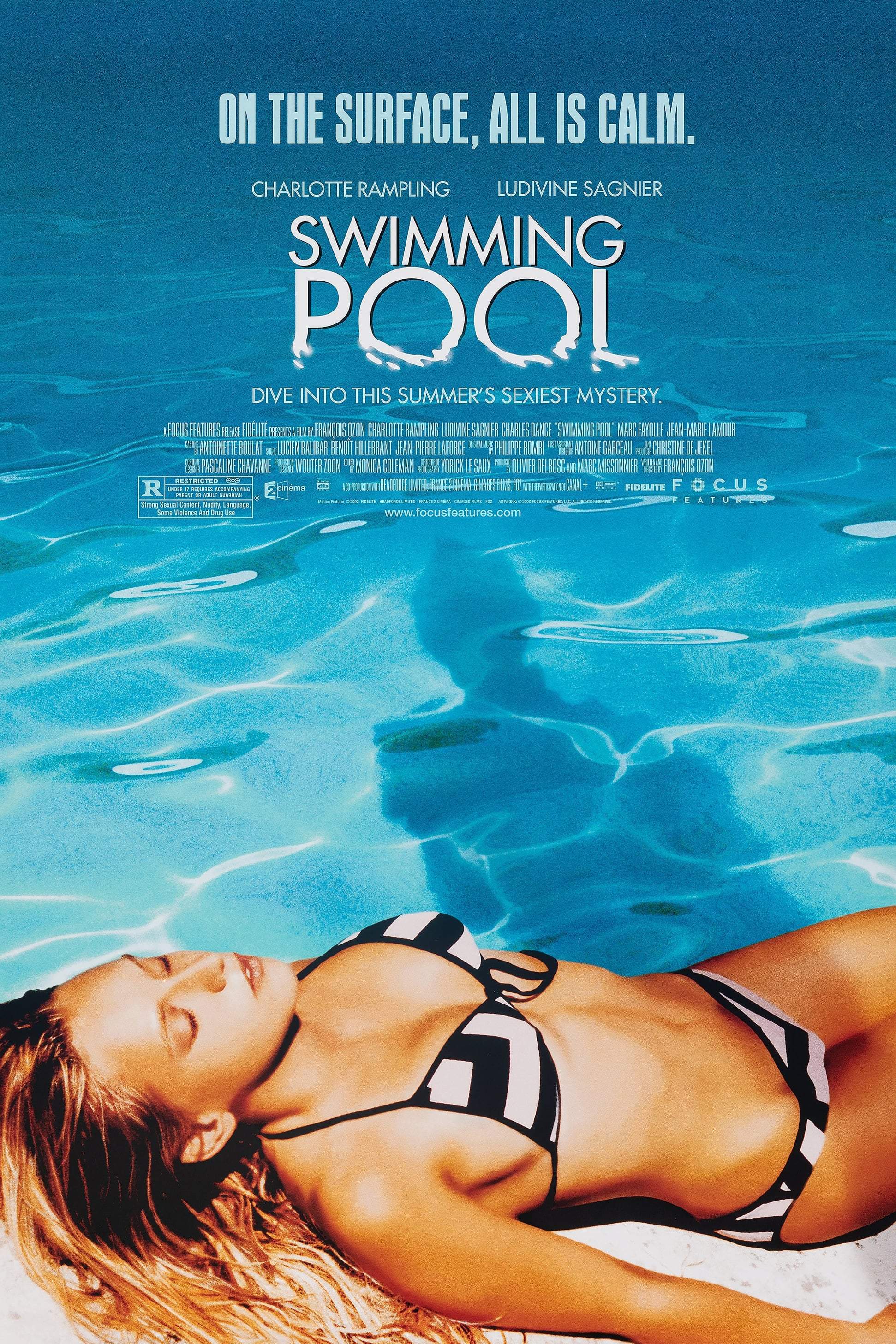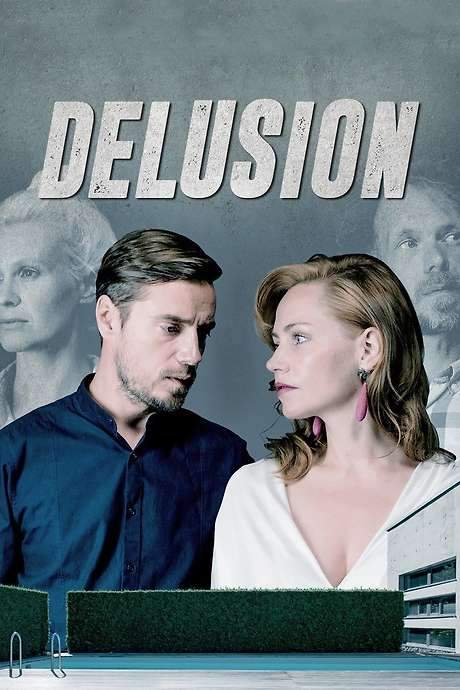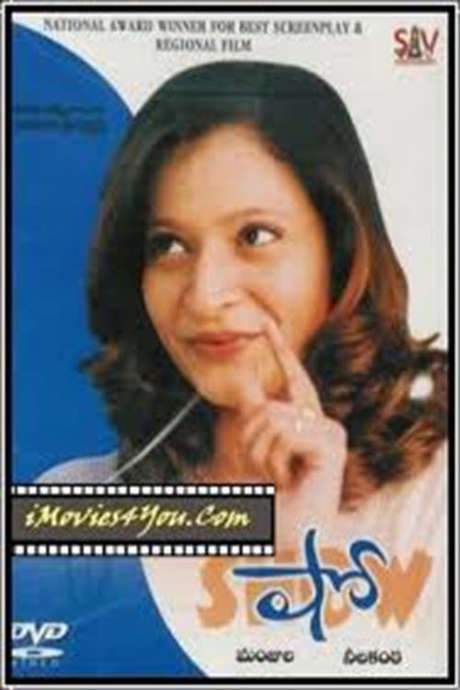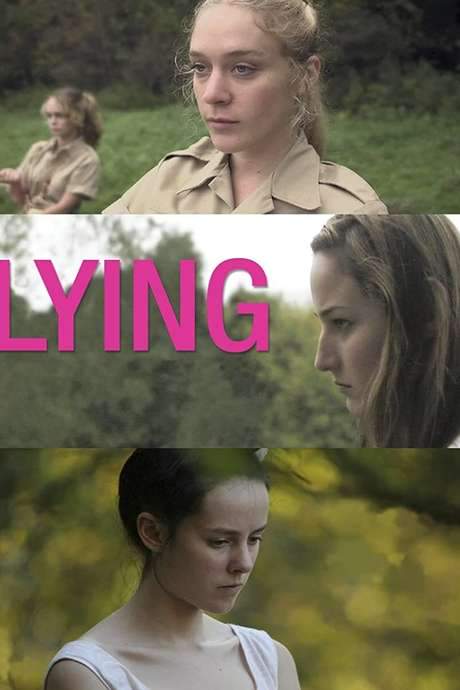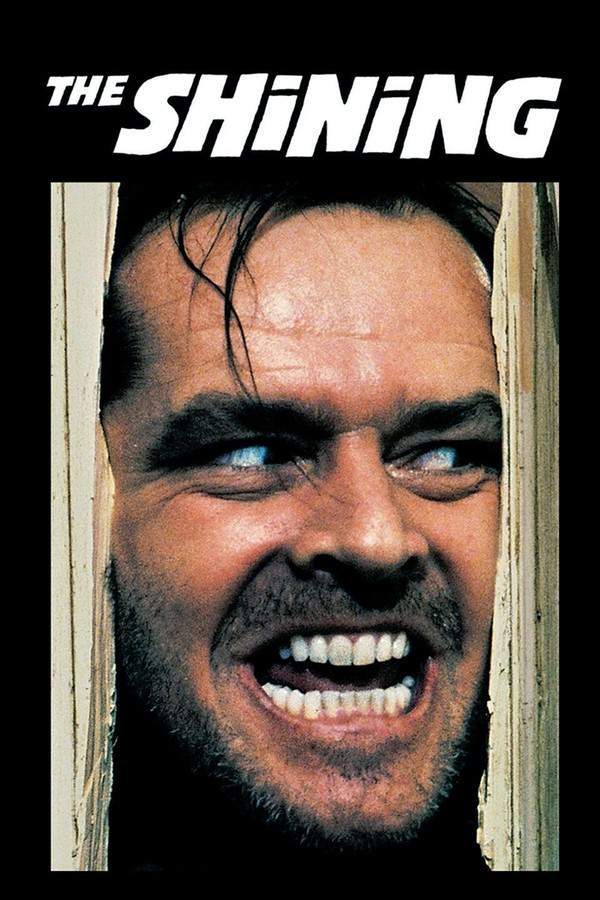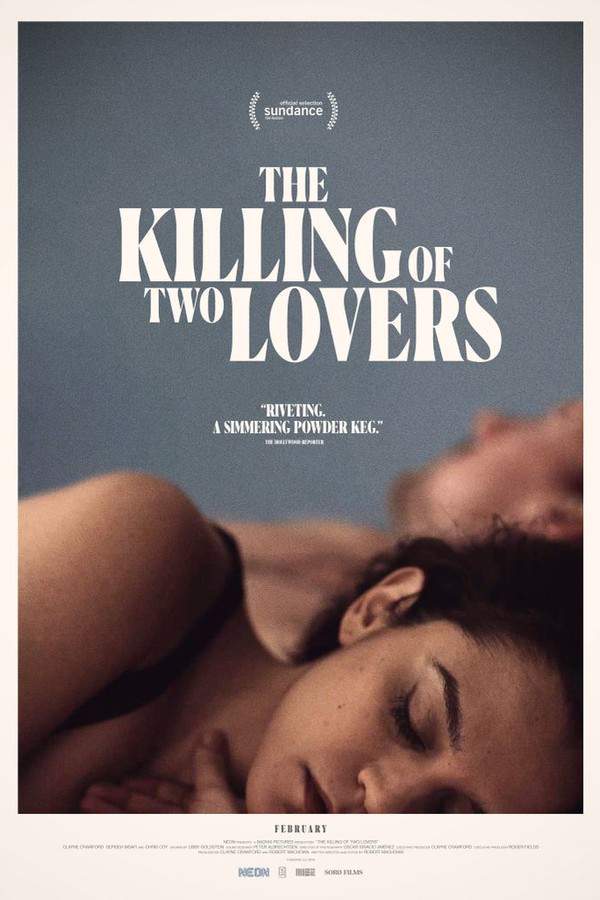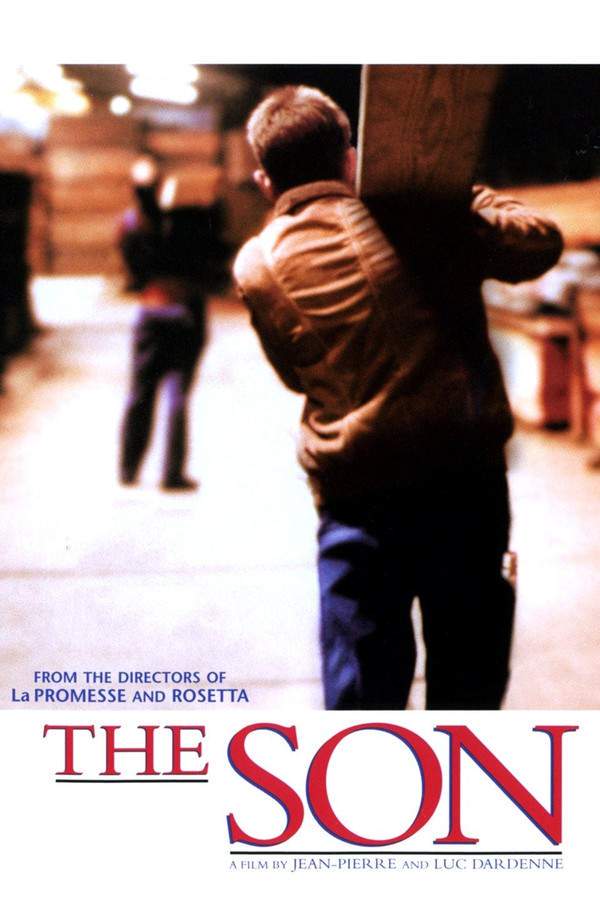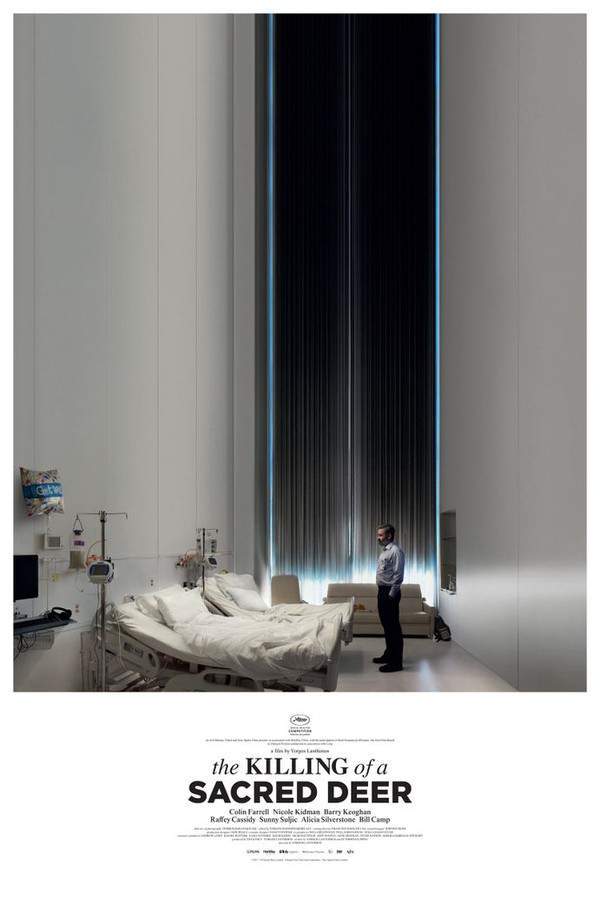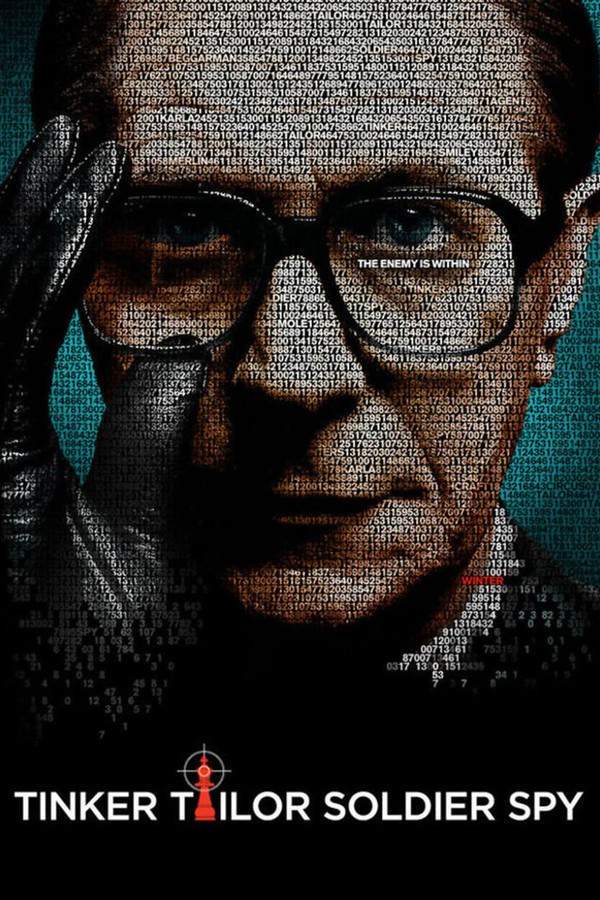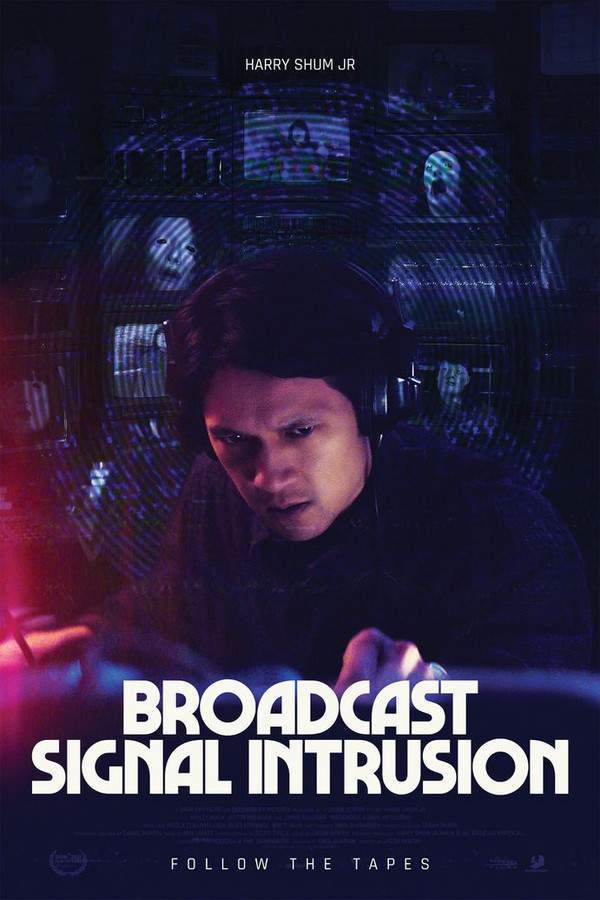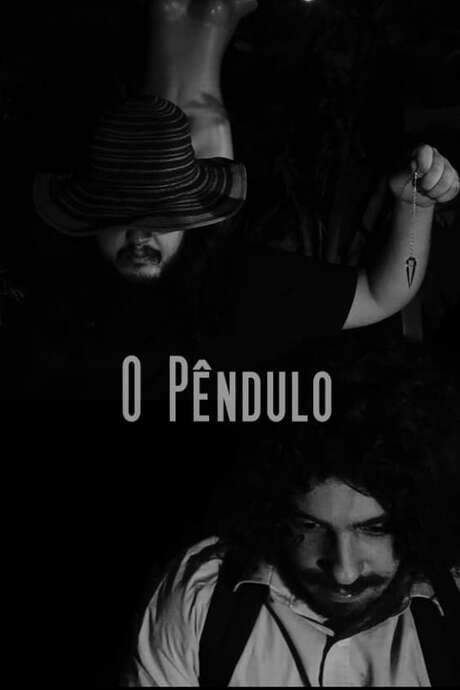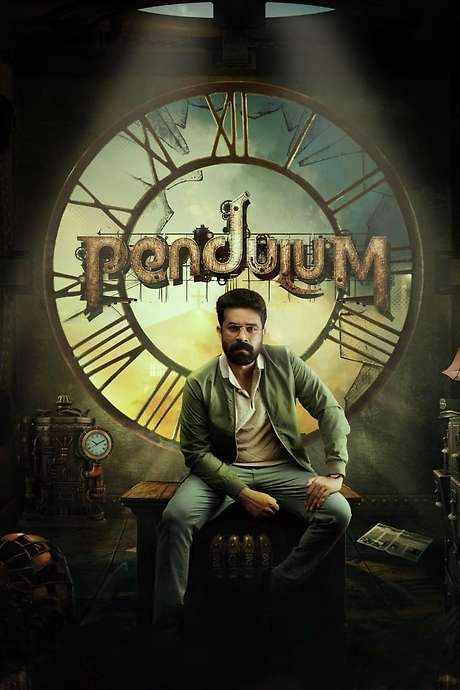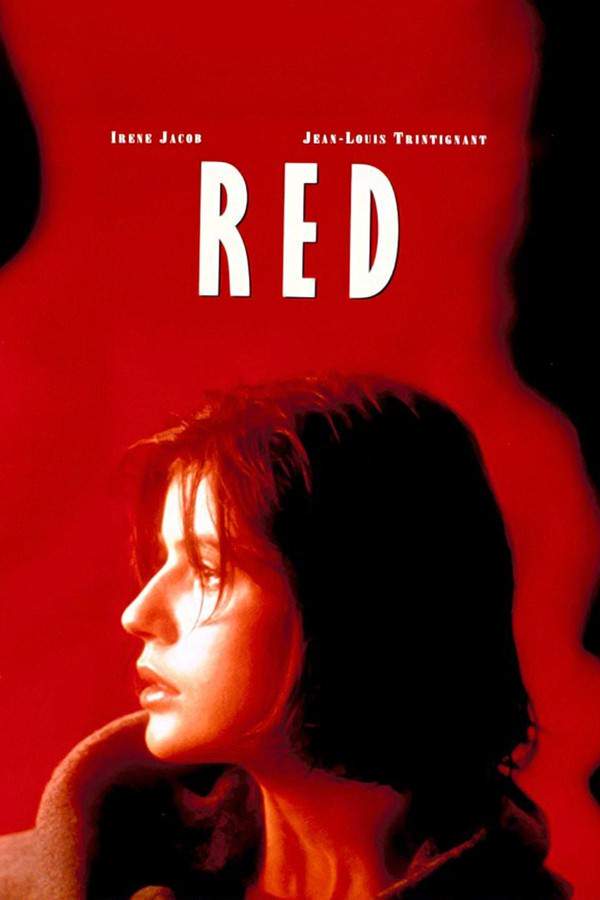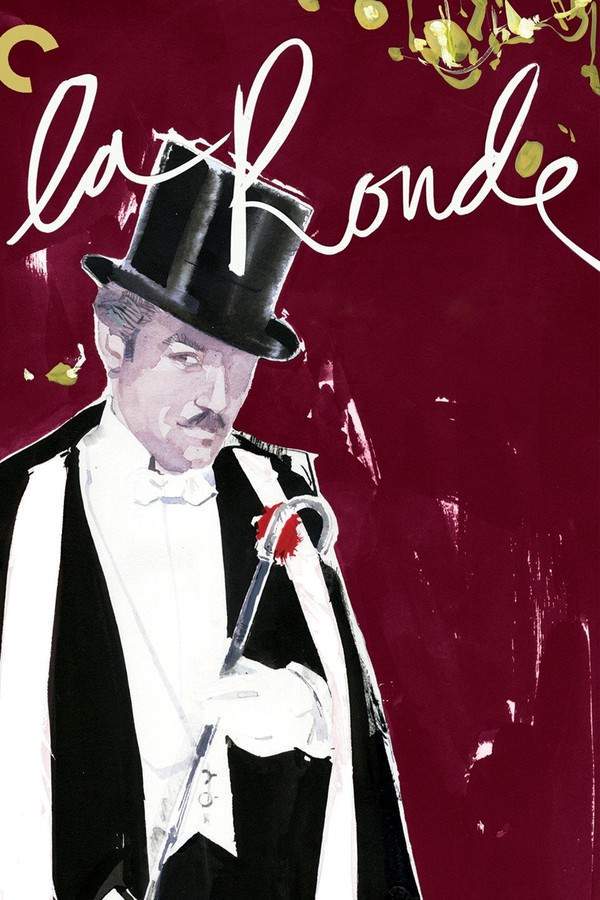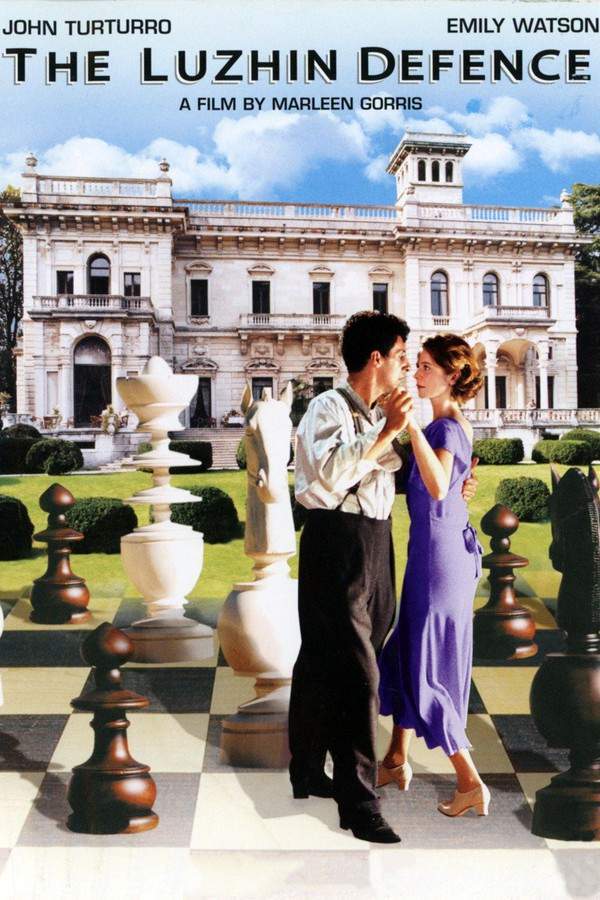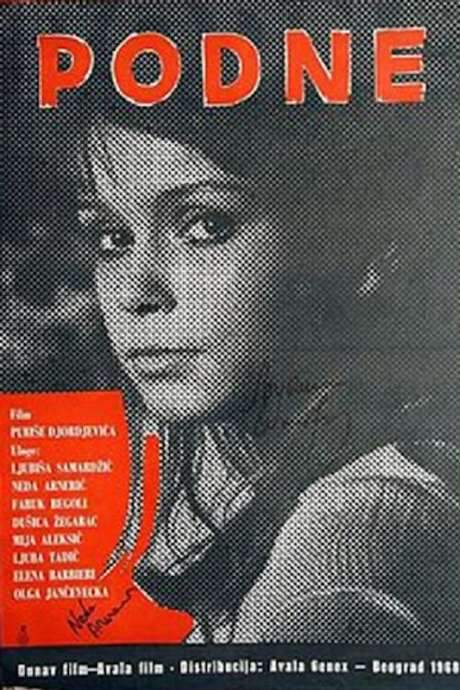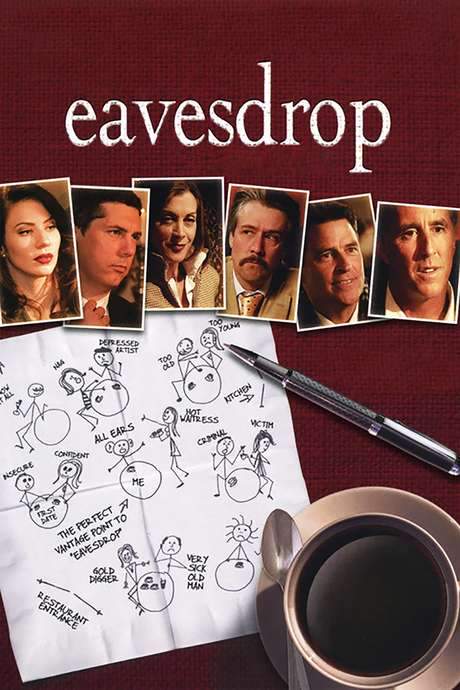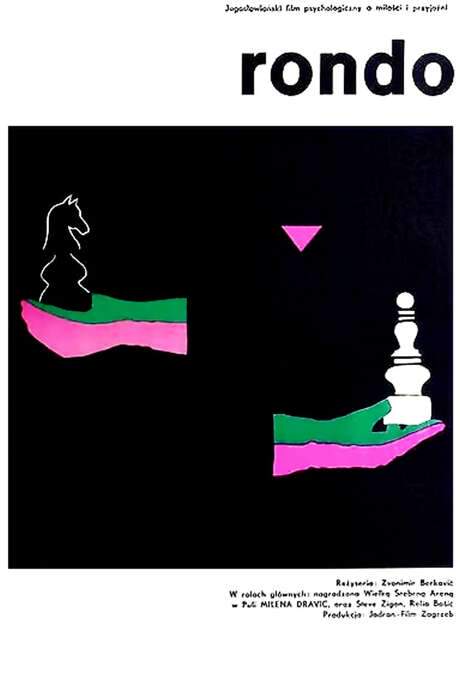
Rondo
Year: 1966
Runtime: 95 mins
Language: Serbo-Croatian
Director: Zvonimir Berković
Each Sunday the solitary, cultured judge Mladen meets his friend, the sculptor Fedji, for a game of chess. As their meetings continue, Mladen becomes involved with Neda, Fedji’s wife, allowing a quiet love triangle to take shape. The chessboard serves as the film’s visual core, with every move echoing the characters’ shifting emotions and unspoken tensions.
Warning: spoilers below!
Haven’t seen Rondo yet? This summary contains major spoilers. Bookmark the page, watch the movie, and come back for the full breakdown. If you're ready, scroll on and relive the story!
Rondo (1966) – Full Plot Summary & Ending Explained
Read the complete plot breakdown of Rondo (1966), including all key story events, major twists, and the ending explained in detail. Discover what really happened—and what it all means.
Mladen, a lonely bachelor and polished judge, arrives on a quiet Sunday at the apartment of his friend, the sculptor Fedja. The two men are chess fanatics who plan to spend the entire afternoon lost in a game that could stretch on with no end in sight.
Inside, Neda, Fedja’s wife, appears, and Mladen is instantly taken by her. She doesn’t share their passion for chess, yet she radiates a warmth and tenderness for her husband that seems to deepen with every quiet moment they share. After a long afternoon of games, the three are invited to dinner. Over food and conversation, they discuss chess, love, and music, and a Sunday ritual begins to take shape: the three will repeat this quiet cadence each week, and as the Sundays pass, their bond grows.
As time goes on, the atmosphere shifts. Mladen and Neda begin to display unmistakable signs of attraction toward one another. He nurtures that growing connection by gifting her recordings of Mozart performances, and the pair finds a rare kinship in their shared appreciation for classical music. One night, when they are momentarily alone, he leans in and kisses her. Neda does not resist; she doesn’t openly acknowledge it, but she does not pull away either, and she simply says goodbye at the end of the night.
Tension gradually fills the space between them. Their burgeoning feelings complicate their relationship with Fedja, who grows more suspicious of the undercurrents running beneath their conversations and glances. The mood thickens as distance and unease creep into their interactions, turning what began as a refined game of minds into something dangerously real.
A Sunday brings a covert move: Neda secretly visits Mladen at a bar he frequents, while Mladen heads to Fedja’s apartment to talk with her. They miss each other, but each encounter with Fedja later in the day reveals how their actions have begun to wear on him.
Neda starts to withdraw from Mladen, and he decides to break the pattern by visiting the couple on a Saturday, using the pretext of celebrating his birthday. The party is lively, yet intimate; in a moment of privacy, Neda confesses that her feelings for him are real. As fireworks are being set off, a very drunk Fedja is distracted, and Neda and Mladen end up making love.
Realizing that he loves both of his friends, Mladen makes the painful choice to withdraw, not wanting to ruin the fragile balance of their lives. Neda tells Fedja what happened, and, in a gesture of forgiveness, he accepts it.
A final Sunday arrives, and Fedja invites Mladen to another afternoon of chess. The talking and the quiet, the tension and the tenderness—all of it—come full circle as the three of them spend the afternoon together as they used to, gradually moving toward a fragile, renewed sense of connection.
Last Updated: October 09, 2025 at 11:21
Explore Movie Threads
Discover curated groups of movies connected by mood, themes, and story style. Browse collections built around emotion, atmosphere, and narrative focus to easily find films that match what you feel like watching right now.
Movies about quiet emotional affairs like Rondo
Stories where simmering betrayals are felt rather than spoken.If you enjoyed the unspoken tension and psychological drama of Rondo's love triangle, this list features similar movies about emotional infidelity. Discover other slow-burning films where quiet betrayals and contemplative moods reshape relationships.
Narrative Summary
These narratives typically follow a central character entangled in an emotional affair, often with a close friend's partner. The conflict is internal and psychological, unfolding through subtle interactions, creating a slow-burning tension that avoids explosive melodrama in favor of profound character study.
Why These Movies?
Movies are grouped here by their shared focus on the psychology of betrayal, a tense and melancholic mood, and a deliberate pacing that allows the emotional weight of unspoken choices to fully resonate with the viewer.
Slow burn tension built on ritual like in Rondo
Where quiet routines mask simmering conflicts that eventually surface.For viewers who appreciated how Rondo used the ritual of a weekly chess game to build tension, this section highlights movies with a similar slow-burning pace. Find other dramatic stories where routine and repetition amplify unspoken emotions and psychological unease.
Narrative Summary
The narrative pattern relies on a recurring event or setting as a structural backbone. This repetition initially conveys order and stability, but slowly becomes a pressure cooker for hidden desires, rivalries, or tensions, with the eventual disruption of the ritual signifying a point of no return for the characters.
Why These Movies?
These films share a specific pacing and mood: a slow, deliberate rhythm that uses repetition to create a claustrophobic, tense atmosphere where emotional revelations feel both inevitable and devastating.
Unlock the Full Story of Rondo
Don't stop at just watching — explore Rondo in full detail. From the complete plot summary and scene-by-scene timeline to character breakdowns, thematic analysis, and a deep dive into the ending — every page helps you truly understand what Rondo is all about. Plus, discover what's next after the movie.
Rondo Timeline
Track the full timeline of Rondo with every major event arranged chronologically. Perfect for decoding non-linear storytelling, flashbacks, or parallel narratives with a clear scene-by-scene breakdown.

Characters, Settings & Themes in Rondo
Discover the characters, locations, and core themes that shape Rondo. Get insights into symbolic elements, setting significance, and deeper narrative meaning — ideal for thematic analysis and movie breakdowns.

Rondo Spoiler-Free Summary
Get a quick, spoiler-free overview of Rondo that covers the main plot points and key details without revealing any major twists or spoilers. Perfect for those who want to know what to expect before diving in.

More About Rondo
Visit What's After the Movie to explore more about Rondo: box office results, cast and crew info, production details, post-credit scenes, and external links — all in one place for movie fans and researchers.

Similar Movies to Rondo
Discover movies like Rondo that share similar genres, themes, and storytelling elements. Whether you’re drawn to the atmosphere, character arcs, or plot structure, these curated recommendations will help you explore more films you’ll love.
Explore More About Movie Rondo
Rondo (1966) Scene-by-Scene Movie Timeline
Rondo (1966) Movie Characters, Themes & Settings
Rondo (1966) Spoiler-Free Summary & Key Flow
Movies Like Rondo – Similar Titles You’ll Enjoy
Three Colors: Red (1994) Ending Explained & Film Insights
La Ronde (1951) Full Movie Breakdown
The Luzhin Defence (2001) Plot Summary & Ending Explained
Rondo (2018) Ending Explained & Film Insights
Music for Weddings and Funerals (2002) Full Movie Breakdown
4 Roses (2019) Ending Explained & Film Insights
A Night at My Mother’s House (1991) Plot Summary & Ending Explained
Sunday Lunch (1982) Movie Recap & Themes
A Film with No Name (1988) Complete Plot Breakdown
Noon (1968) Complete Plot Breakdown
Eavesdrop (2008) Full Movie Breakdown
Saturday Night (1957) Ending Explained & Film Insights
Slowly Nowhere (2023) Spoiler-Packed Plot Recap
It Rains in My Village (1968) Complete Plot Breakdown
Capricci (1969) Complete Plot Breakdown



